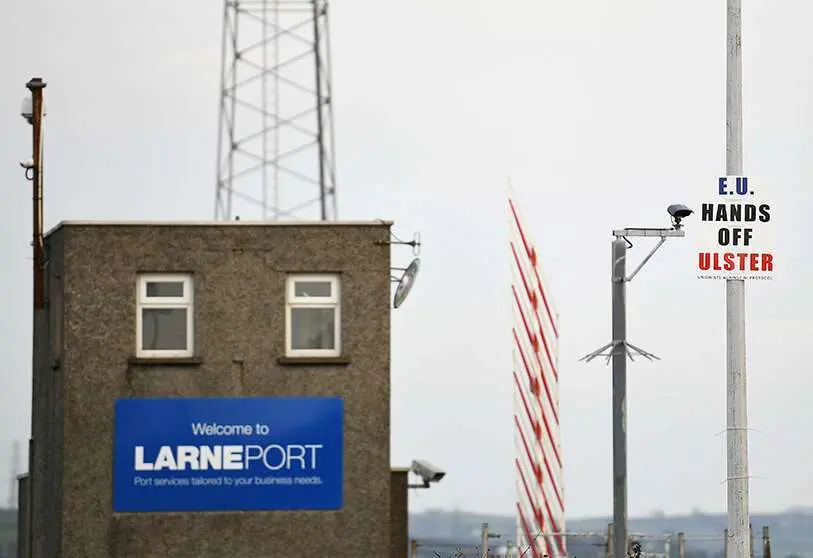The art of diplomacy understood as filibustering

The South Korean philosopher Byung-Chul Han argues in his essay "On Power" that the true demonstration of power is not in the struggle, but in its absence. He uses to explain his thesis the allegory of the mouse that has been caught by a cat, and plays with it, letting it scamper futilely to escape the feline that has merely delayed the rodent's fate.
In light of the erratic behaviour of the British authorities, in contrast to the bureaucratic circumspection displayed by the European Union since the result of the referendum on the UK's membership of the EU was confirmed, it is hard to resist thinking that Brexit has given birth to a mouse that has no choice but to flee forward.
It is unusual that this is happening to a country that for almost half a century has been a full member of an organisation that it largely shaped. Thus, the UK negotiated the creation of Regional Funds, pushed for a policy that involved greater coordination of foreign policy in Europe, renegotiated the Common Fisheries Policy, led CAP reform and the creation of the single market, advocated increased collaboration on defence, argued for Eastern European membership, and even voted for Turkish accession.
But the latest diplomatic barrage against what has been voluntarily agreed is hardly surprising. The Gordian knot of the Irish problem is irresolvable, and the only thing that is debatable is where to place the customs office to safeguard the European single market, between Northern Ireland and the rest of the United Kingdom, or between the two Irish. The latter being unfeasible because it is forbidden by the international treaty of the Good Friday Agreement, Downing Street is banking on creating enough of a fuss for Brussels and Washington to put pressure on Dublin to have customs between the Republic of Ireland and the rest of the EU. Hence the focus on withdrawing the jurisdiction of the European Court of Justice (ECJ), because they know that while Northern Ireland remains part of the single market and the customs union, the relevant law for both is EU law, the legal authority for which rests with the ECJ.
Boris Johnson and his acolytes realise that the EU's strength lies in its normative power, so losing the battle of the CJEU would mean that it would retreat to a second line of defence. This is why, in response to the EU's presentation of a package of technical solutions to correct the dysfunctionalities that have arisen following the implementation of the Protocol on Ireland and Northern Ireland that all parties freely signed, Her Gracious Majesty's Government has responded with a political document, in that it is an amendment to the whole of what was roundly approved by the British Parliament, which disguises as a solution what is in reality a new and intractable problem, put on the table to make an agreement impossible, and to delay the climate of grievance.
It does not seem, however, that this ploy is likely to succeed. Hoping that, by turning the Irish island into a confrontational arena, the UK will be able to emerge victorious from a trade war that the EU can win without batting an eyelid is only credible with the consent of the influential Irish-US lobby.
With the current US president being of Irish descent and given the role the US played in ending the Ulster civil war, it is highly unlikely that the European Commission will not see through London's challenge, especially after its bid to gain a foothold in the Asia-Pacific region and ingratiate itself with the Biden administration, at the expense of Paris.
Brussels, for its part, is aware both that the British population is beginning to show signs of being fed up with Brexit, and how useful it is for Johnson to invoke it to evade his responsibility by blaming Europe for the consequences of his own decisions. Because of these dynamics, Brussels can simply resist to win, leaving Downing Street to suffer the systemic erosion that comes with relativising its own rule of law by repudiating a legal commitment to which it is bound by international law.
Britain's foreign policy over the past 400 years has revolved around preventing a predominant power on the European continent. Given that such a power now exists in the form of the European Union and given that London can no longer continue to put the brakes on the European project from within, it was entirely predictable that the UK would once again stir up the old strategic cocktail of divide et impera and diplomatic filibustering, half Lord Palmerston, half Henry Morgan, that brought it so much profit in the past.

